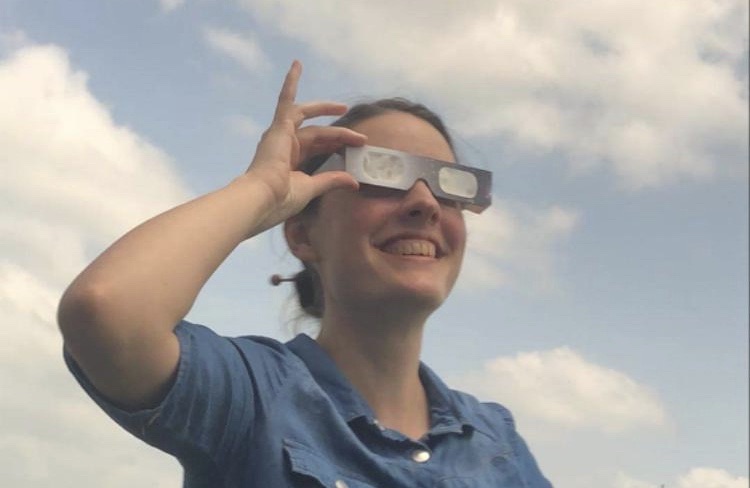Category: Travel
-
Surprising Our Mom for Her 60th Birthday
Last week my five siblings, one sister-in-law, and I flew to Oregon to surprise our mom for her 60th birthday. But before I get to that story, one quick announcement: On Friday, March 25 I’m doing a book signing, along with my mom and Shari Zook, at Piccadilly Coffee and Tea House in Lancaster PA,…
-
Kenya Part 6: Mombasa, and the Journey Home
Hey friends! Are you ready for the final installment of my Kenya trip? Since returning I started a new job, celebrated the holidays, and came down with a sore-throat-and-headache virus that I’ve had for a week now and can’t seem to kick (I’m currently awaiting COVID test results). Needless to say, blogging got shoved to…
-
Kenya Part 5: Kisumu, and Steven’s Brothers
Some of you have been wondering where Steven disappeared in the narrative. Although I talked about him in my first post, he was mostly absent from part 2, part 3, and part 4. That’s because when we arrived in Nakuru, where the East African headquarters of Open Hands is located, Steven went on to Kisumu.…
-
Kenya Part 4: The Conference, New Friends, and Another Cool Ceiling
(If you want to catch up, here’s part 1, part 2, and part 3) When I began this trip, I had only a vague idea of what Open Hands was and how I’d be contributing. By the time I’d spent that epic day visiting savings group and interviewing small business owners, I’d fully caught the…
-
Kenya Part 3: Tea, Rest, and Inside Jokes
(You can find Part 1 here, and Part 2 here) There I was, locked in the house. I was too exhausted to spend another day traveling around meeting with small business owners, so I needed to talk to the other Open Hands people and hopefully figure out a new plan. But time was running out…
-
Kenya Part 2: The Most Epic Day
(To read Part 1, click here) I guess Joe wanted to ease us in to Kenyan food and culture, because he arranged for our first culinary experience of the trip to be a rather American-style breakfast at Java House in Nairobi. It was a chilly rainy day and the seating was outdoors, so I was…
-
Kenya Part 1: We Made It!
Kenya never ceases to make me catch my breath. Beauty overwhelms my senses. The cool morning air and lush greenery. The tea. This is where I first fell in love with tea, 18 years ago. As you know, we had a bit of a rough time getting here. Dad was able to get his passport…

